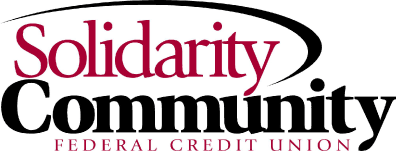Dollars and Sense: Programs Teach Children Financial Literacy
One of the first things Charisse Smith asks her students at Western Middle School is, “If I gave you $20, what would you do with it?”

Originally posted on kokomotribune.com
Their answers give Smith insight to her students’ current spending habits and provide a jumping-off point for the financial literacy concepts she covers in her Family And Consumer Sciences (FACS) classes for sixth through eighth graders.
“It’s important for them to start developing good habits now,” said Smith, who has taught at WMS for six years and said she didn’t learn finance when she was in school. “It’s interesting to see the spending habits they’ve already developed.”
Balancing a checkbook, paying bills and setting aside money for a savings account are all valuable life skills students will need to know when they’re on their own, but those concepts may not easily fall into English, math, science or social studies curriculum. Many area schools have found ways to improve their students’ financial literacy, and they’re highlighting those efforts during National Financial Literacy Month in April.
“Oftentimes, whether parents are financially secure or not, it’s something we don’t teach our children,” said Julie Dyson, area coordinator for Junior Achievement, which offers Miami County schools several financial literacy programs. “Then before we know it, they’re grown and out in the real world and don’t know how to manage money.”
On “Money Monday” last week, eighth graders in Smith’s class met their “children” – eggs they had to take with them everywhere they went for the next week to illustrate the constant responsibility of caring for an infant. As part of the child development unit, they also complete a baby care cost worksheet and discuss how they would provide for their children.
Smith runs a “class economy” project throughout her nine-week course that requires students to maintain a hypothetical checking account, cash paychecks and then write checks to pay rent for their desks and utilities to keep the classroom lights on.
“They have enough practice
[balancing their checking accounts] that by the time they get out of here, it’s easy,” Smith said. “The knowledge is going to help them be financially successful.”
Eighth graders in her class added a new element to their financial lessons this school year, thanks to Solidarity Community Federal Credit Union. The credit union sponsored access for schools in Howard and Tipton counties to an online financial literacy program called Banzai.
Teachers interested in using the Banzai program can visit teachbanzai.com or call 888-8-BANZAI.